First, let’s pause to consider a really unusual event that happened today in IRS Tax World.
Today, April 17, 2018, was supposed to be The Day–Tax Day 2018. Lines were out the door at local post offices around the country. And e-filers clicked and clacked all day, getting those returns entered into the IRS system.
But, maybe there were just a few too many folks clicking and clacking today, because the IRS system apparently had a major hiccup.
The IRS published this notice earlier today, April 17, 2018:
The Internal Revenue Service announced today that it is providing taxpayers an additional day to file and pay their taxes following system issues that surfaced early on the April 17 tax deadline. Individuals and businesses with a filing or payment due date of April 17 will now have until midnight on Wednesday, April 18. Taxpayers do not need to do anything to receive this extra time.
The IRS encountered system issues Tuesday morning. Throughout the system outage, taxpayers were still able to file their tax returns electronically through their software providers and Free File. Taxpayers using paper to file and pay their taxes at the deadline were not affected by the system issue.
“This is the busiest tax day of the year, and the IRS apologizes for the inconvenience this system issue caused for taxpayers,” said Acting IRS Commissioner David Kautter. “The IRS appreciates everyone’s patience during this period. The extra time will help taxpayers affected by this situation.”
The IRS advised taxpayers to continue to file their taxes as normal Tuesday evening – whether electronically or on paper. Automatic six-month extensions are available to taxpayers who need additional time to file can visit https://www.irs.gov/forms-pubs/extension-of-time-to-file-your-tax-return.
What? How’s that for a kick in the pants to last-minute fillers? You wait until April 17, 2018, to get your return filed, and you walk out of the post office only with your certified mail receipt in hand only to find out that you could have waited an extra day this year.
But, what about the big question on everyone’s mind? What should you do if you are one of the unlucky ones to receive an IRS audit notice sometime in the next year, perhaps for last year’s return, as it usually takes about a year to get caught up in an IRS audit on a filed return?
Well, your first step is to simply open the envelope and read the notice. You would be surprised how many people fail to open mail from the IRS. I know, I know. The only saying is “No news is good news,” but not you’re talking about the IRS.
An IRS problem (and that includes an audit notice) never goes away on its own. So, you go to the mailbox and see a letter from the IRS. Open that sucker, right there at the mailbox. Show how brave you really are.
And then what?
Well, I would argue that you’re next step should be to hire a tax professional to handle your audit. Get as far away from speaking directly to the IRS as you can–let someone else who does this for a living talk to the IRS on your behalf.
So, what are your options?
Well, generally, you could hire a CPA, an Enrolled Agent, or an Attorney.
If you’ve had your CPA prepare your tax return, you’ll probably be inclined to just hire him/her to handle the IRS audit. And in some cases that may be the way to go.
But, you should always think about who should handle your audit before making the decision lightly.
It may be that your audit will involve contested or uncertain areas of the tax law. A lawyer is trained not only to research the law, but to present legal arguments in a persuasive manner.
If there’s a possibility that your case might involve potential criminal wrongdoing, then you should immediately hire an attorney. Only an attorney can provide you with the protection of the attorney-client privilege. A CPA or an enrolled agent could even be required to testify against you in a criminal proceeding and disclose the “secrets” and “confidences” you told them. This can’t happen with an attorney.
Finally, if there’s a chance that you might end up wanting to take a tax dispute to court, you will need a lawyer to handle that case. You might as well get started with your lawyer from the outset if the case may end up in litigation.
So, you’ve taken the first two steps after receiving your audit notice from the IRS–you’ve opened the envelope and you’ve hired someone to handle your case.
What do you do now?
Well, at this point you should just take a deep breath and listen to the advice you receive from your tax advisor, whether you hired a CPA, an enrolled agent or an attorney.
An audit is a marathon, not a sprint.
But if you remain calm, keep a positive attitude, and have good representation, the chances are that you’ll be able to laugh about it some day (maybe in a few years).
Good luck. And remember, your chances of being audited is probably less than 1%.
